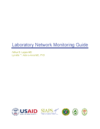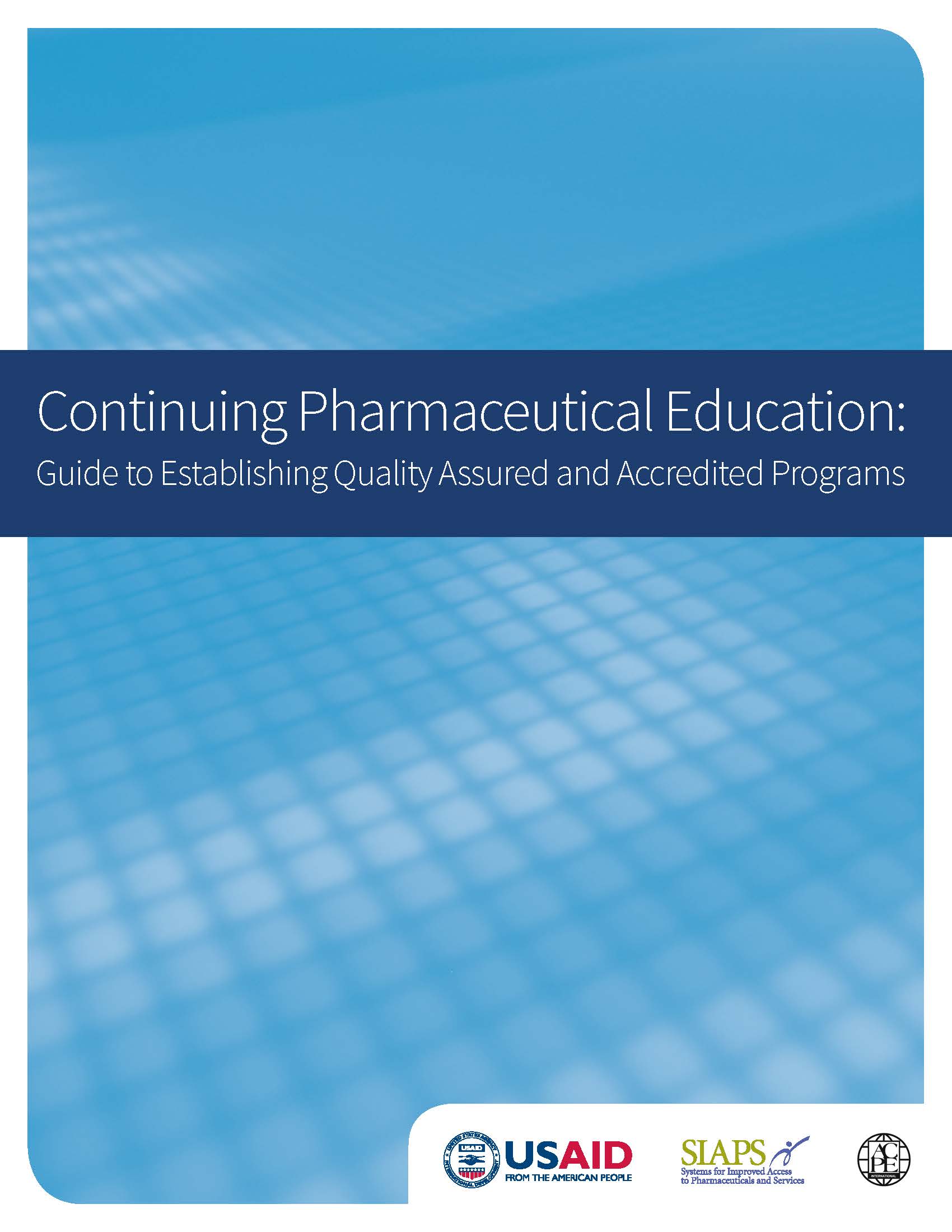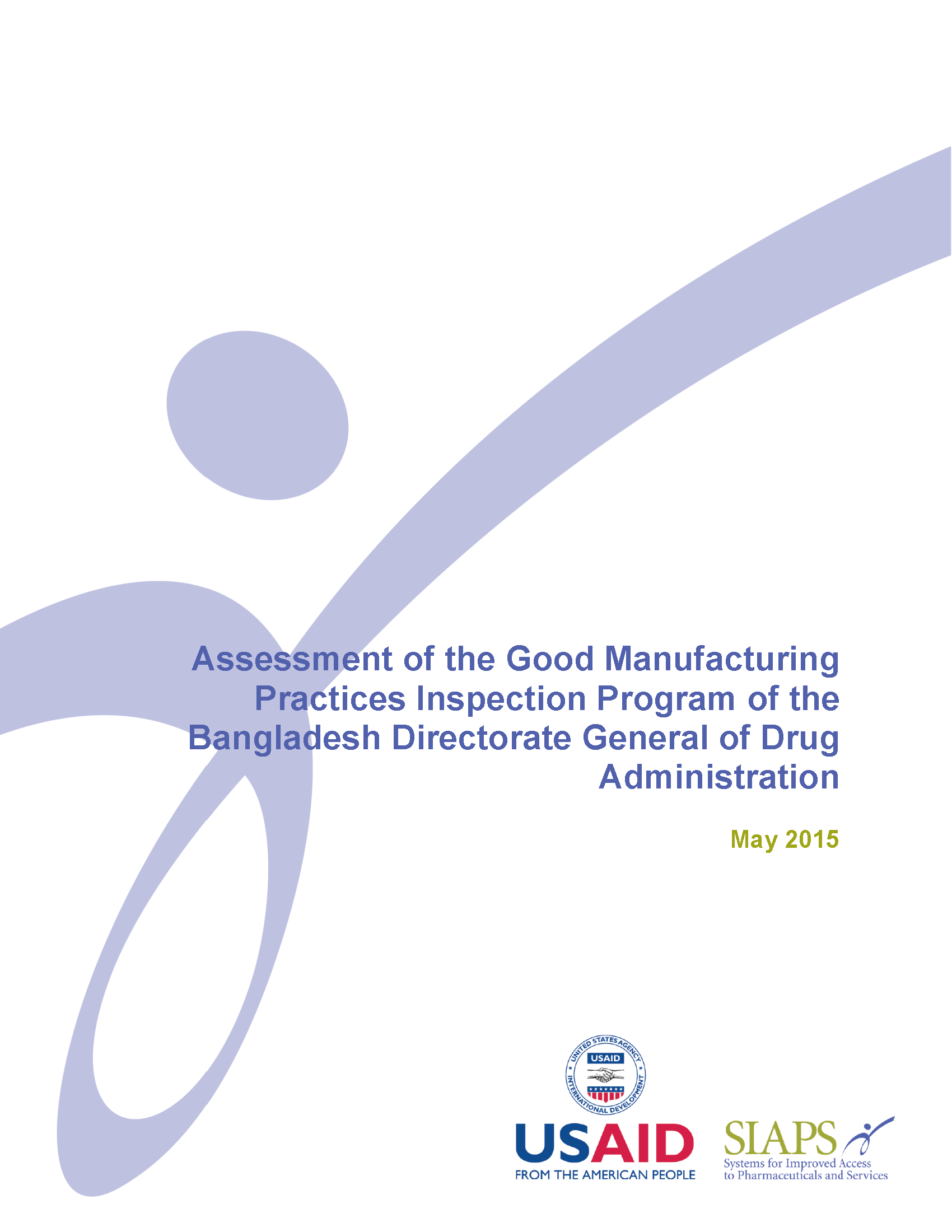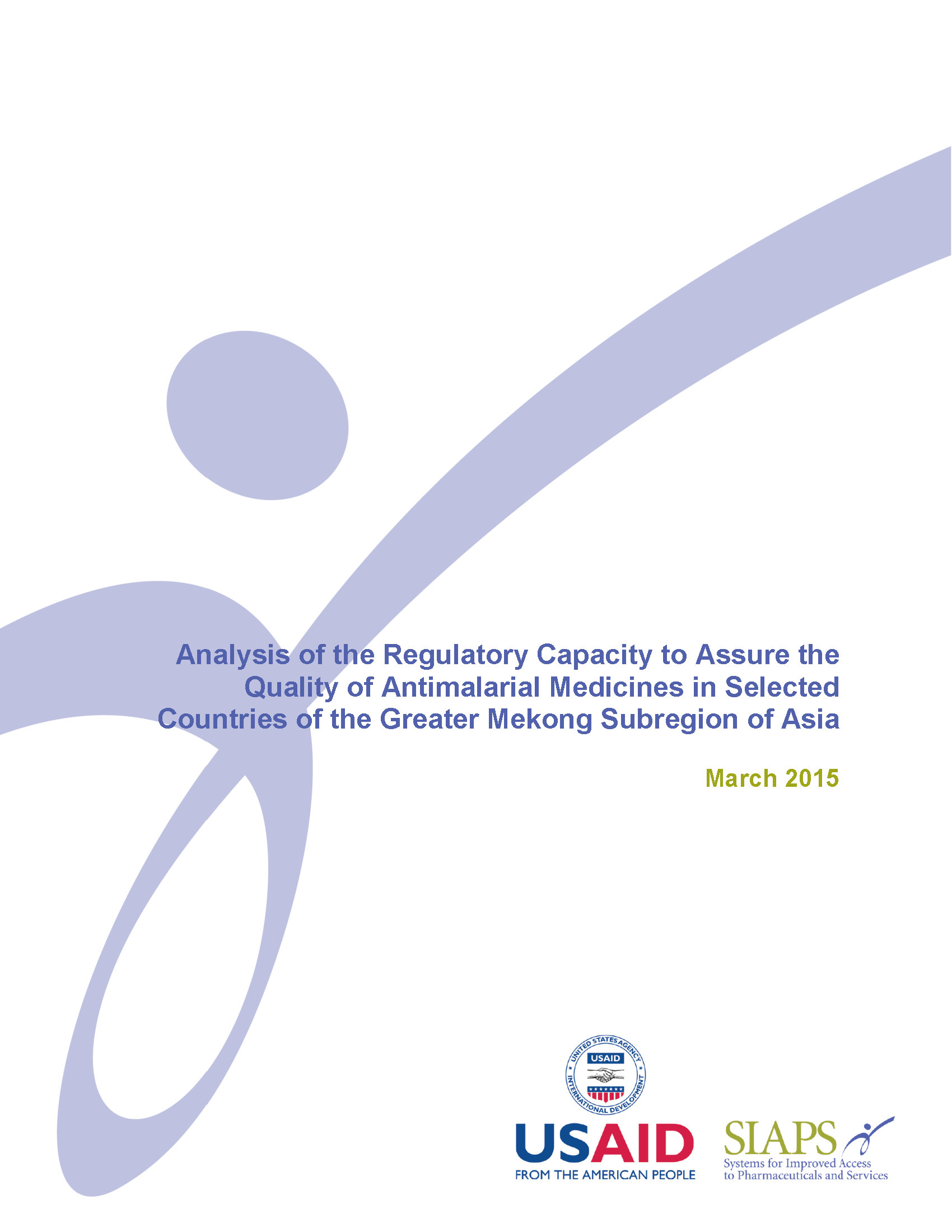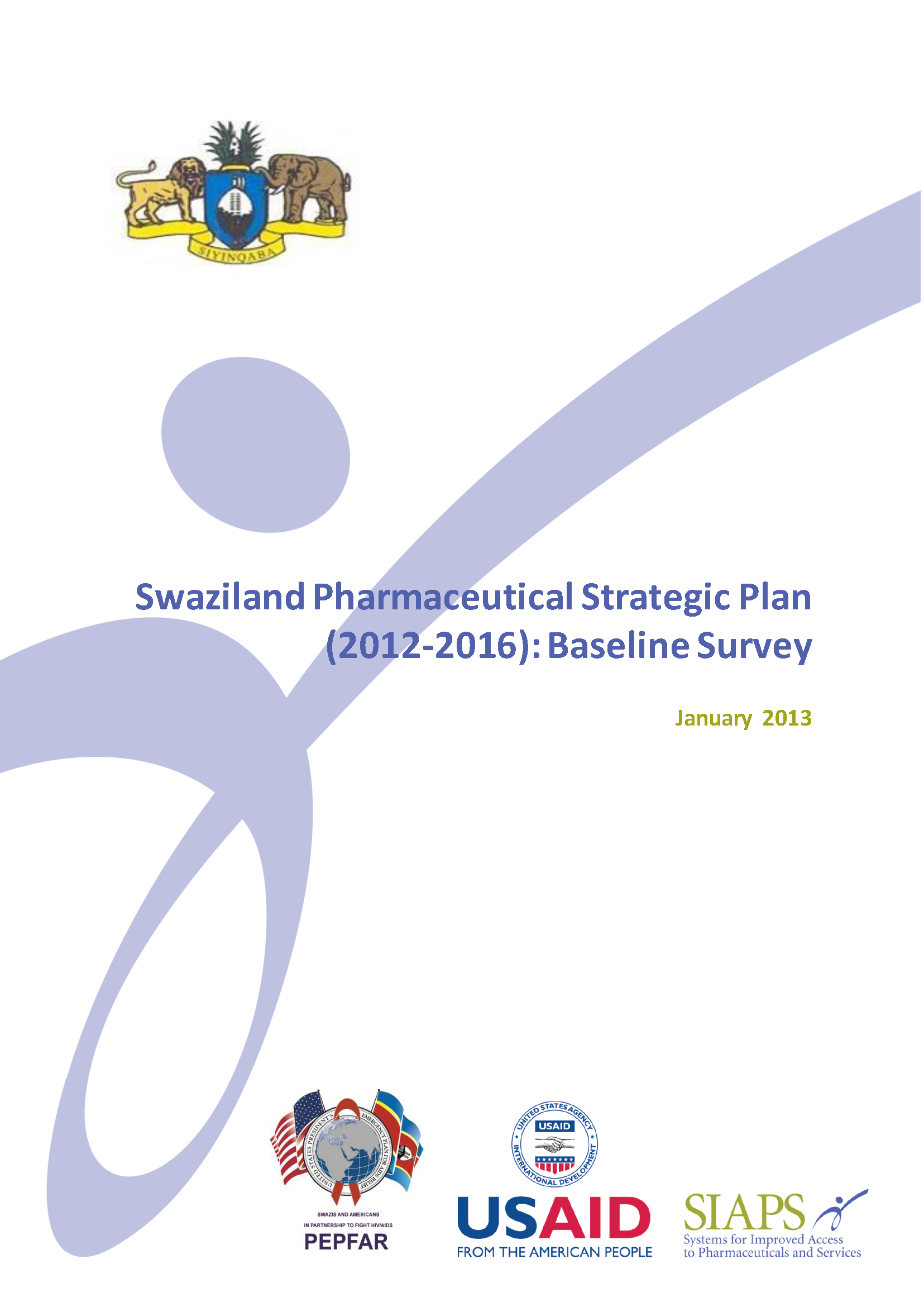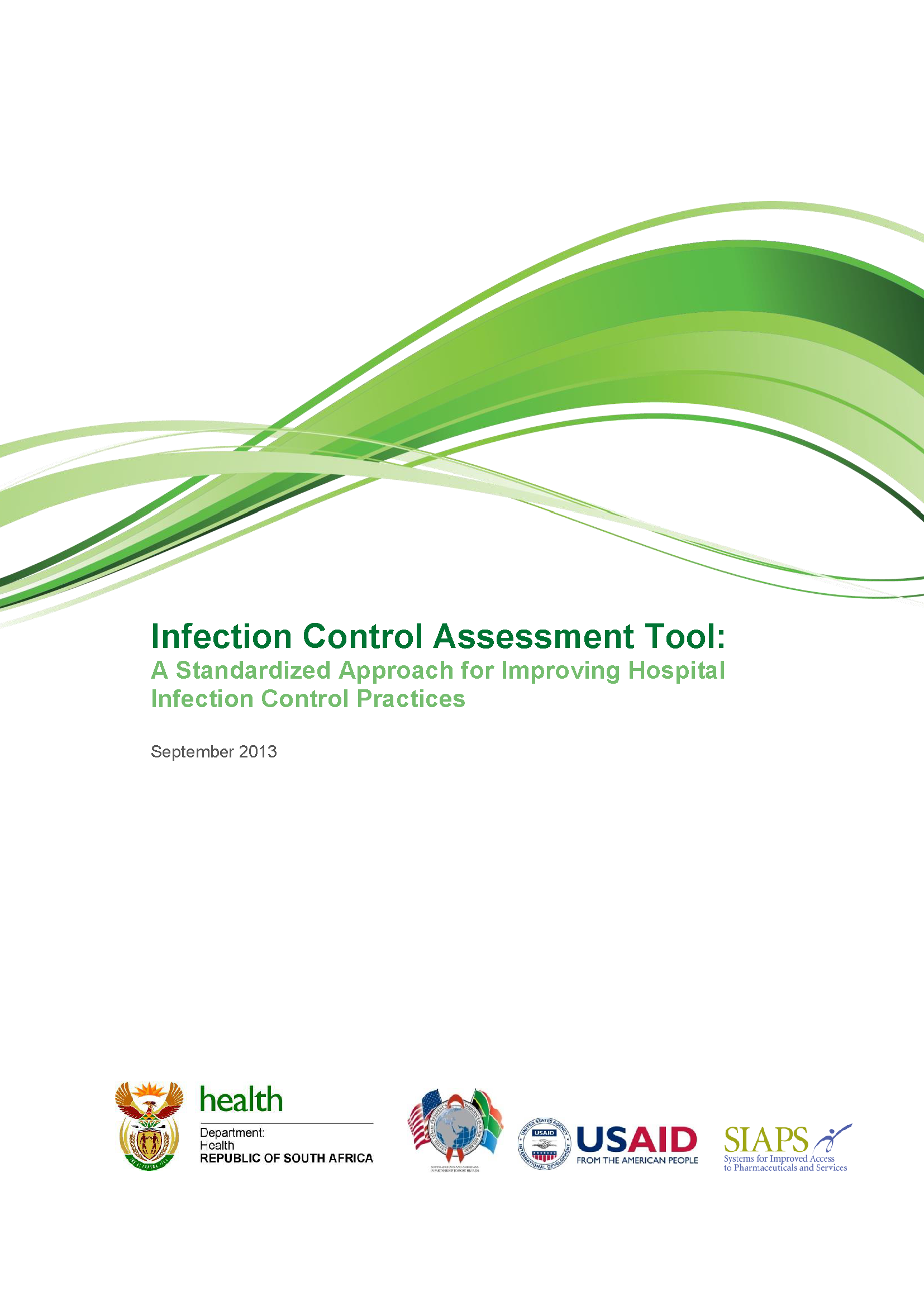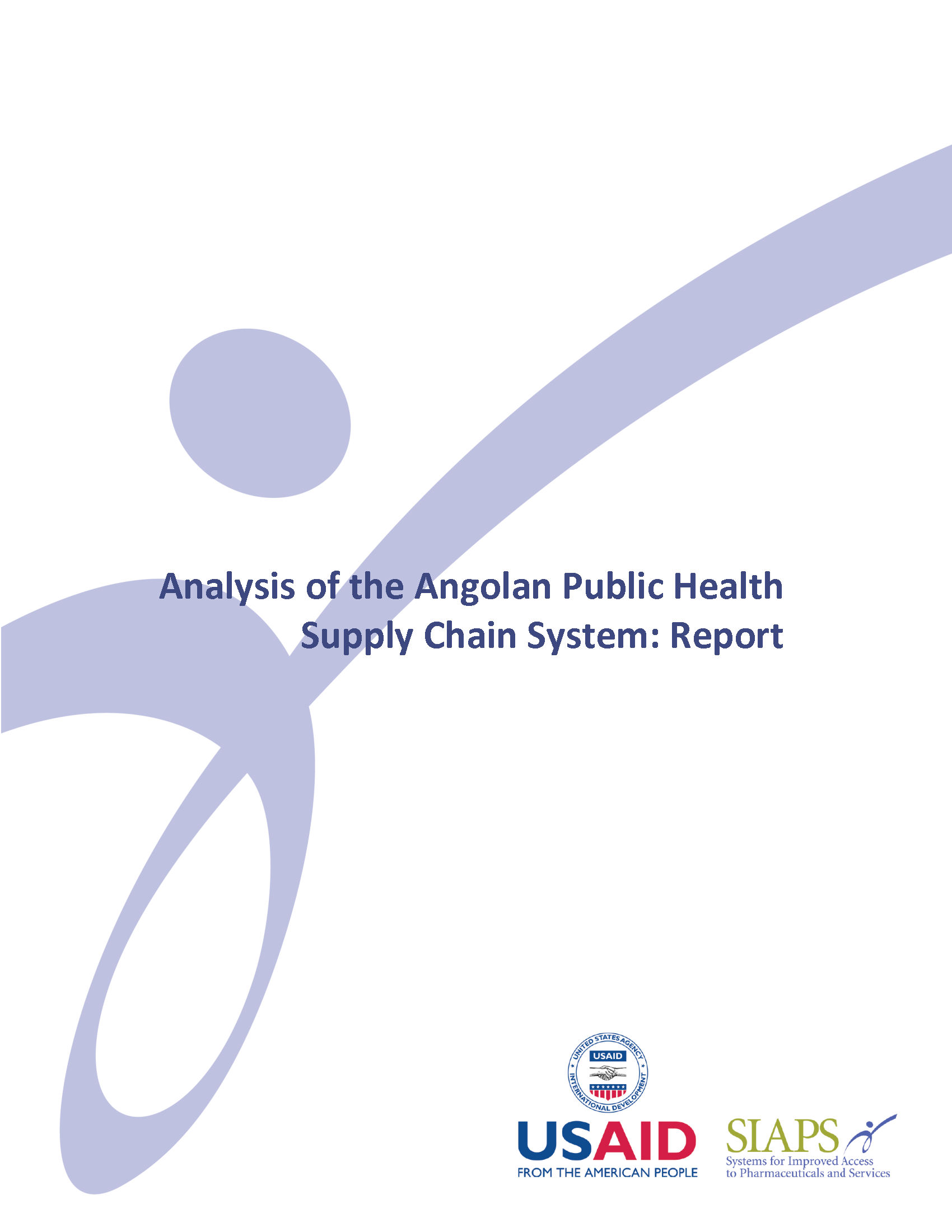The Philippines National TB Program’s (NTP) laboratory network strategic plan (LNSP) aims to improve access to quality laboratory services, including establishing new facilities, adopting new diagnostic technologies, and strengthening the laboratory systems. The implementation of laboratory network (LNW) strengthening plans and the performance of the LNW require a comprehensive monitoring of activities to detect problems, … Read more
“Continuing Pharmaceutical Education: Guide to Establishing Quality Assured and Accredited Programs” aims to establish and/or improve systems for the quality assurance and accreditation of continuing education/continuing professional development (CE/CPD) activities. The document outlines the rationale and framework for establishing CE/CPD programs, as well as the necessary elements for these programs to be effective, including: 1) … Read more
capacity building, continuing education, Curriculum, D Mabirizi, DG Zarembski, guidance document, JW Wadelin, MJ Rouse, MP Joshi, PH Vlasses, Quality Assurance, S Saleeb, Training
As a part of its ongoing support to build the capacity of the DGDA, the Systems for Improved Access to Pharmaceuticals and Services (SIAPS) team conducted a rapid assessment of the capacity of the Good Manufacturing Practices (GMP) inspection program at the Directorate General of Drug Administration (DGDA). GMP is part of the quality assurance … Read more
Assessment, Bangladesh, Directorate General of Drug Administration, E Kim, Good Manufacturing Practices (GMP), governance, Inspection, J Aimiuwu, M Thumm, MH Anisfeld, Quality Assurance, regulations, SOPs
SIAPS conducted a review of regulatory and quality assurance efforts in the GMS with the following objectives— To inform PMI of past and current initiatives to improve the capacity of the region to combat counterfeit, substandard, and banned antimalarial medicines To understand the current barriers to effective medicine quality control for malaria To recommend specific … Read more
Assessment, B Santoso, D Lee, E Kim, governance, Malaria., pharmaceutical regulations, PMI, Product Quality, Quality Assurance, Technical Report
Swaziland’s Ministry of Health has published its Pharmaceutical Strategic Plan, 2012-2016, serving as a roadmap for the revised national pharmaceutical policy. This report is intended to facilitate the monitoring and evaluation of implementation of the Strategic Plan. The report is a reflection of characteristics of the pharmaceutical sector in 2012.
Assessment, baseline assessment, governance, Human Resource Management, pharmaceutical financing, Pharmaceutical Law, Pharmaceutical Policy, pharmaceutical regulations, Pharmaceutical strategic plan, Quality Assurance, rational medicine use, Supply chain management, Swaziland, Technical Report
South Africa’s Department of Health, in collaboration with SPS, adapted the Infection Control Assessment Tool (ICAT), first published in 2010, as a cutting-edge approach to identifying, controlling, and preventing health care-associated infections (HAIs). The ICAT is a simple and practical approach for assessing the adequacy of existing infection prevention and control practices and provides specific … Read more
The project aimed to understand the current status and future plans of the Angolan public health logistics network, with the Central Procurement Agency for Medicines and Medical Supplies (Central de Compras de Medicamentos e meios medicos de Angola; CECOMA) as its principal focus. The team worked to identify weaknesses, gaps, strengths, opportunities, and potential threats … Read more
Angola, Assessment, CECOMA, D Addison, Distribution, governance, Human Resource Management, LMIS, Logistics Management Information System, Quality Assurance, R Miller, Storage, Supply chain management, Technical Report, W Goredema
Download This tool was designed to improve practices for the prevention and control of infections by using easy-to-apply instruments that highlight deficiencies in current practices and suggesting corrective actions. The guide is one component of a standardized approach to reduce facility-acquired infections, the other component being the application of rapid cycles of quality improvement.
Download The SIAPS/SCMS/BLC Namibia e-Newsletter is a monthly newsletter that keeps you abreast of activities fundedby the USAID and implemented by MSH Namibia. Key focus areas are strengthening health systems, capacity building, and human resource development.
